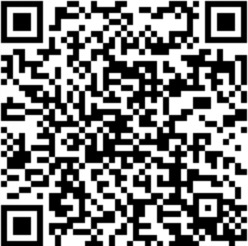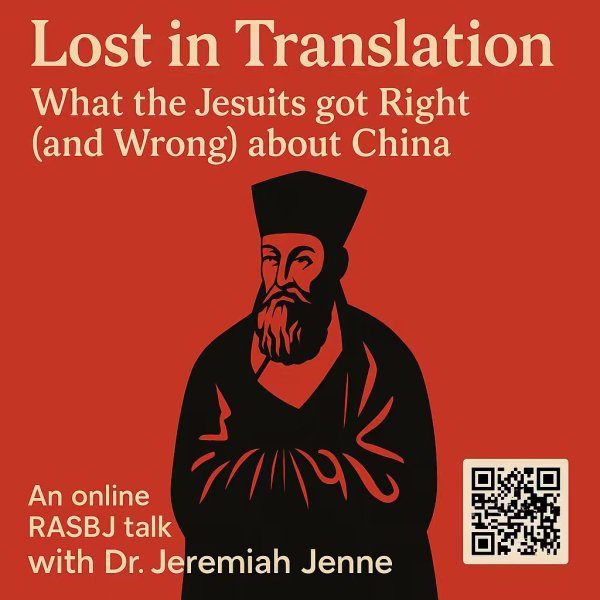
ABOUT THE EVENT: You’re a Jesuit missionary in the 16th century who’s been on a leaky ship for eight months, spending every waking moment trying to learn a new language. Arriving in Macau, your strategy is: cosplay as a Buddhist monk and impress people with your mastery of maps and mathematics before your audience realizes your HSK level doesn’t quite match your ambition.
Also, Jesus. If they ask you about Jesus, that would be awesome.
For over two centuries, the Jesuits were all-in on China. They mastered Chinese, translated hundreds of texts, and grew fabulous beards. They spent decades embedding themselves in a culture, appreciating Chinese civilization for what it could teach them, and sharing their knowledge. Matteo Ricci is remembered as the prototype for foreign friends and the guy who always had his hand up in your Chinese class. Adam Schall and Ferdinand Verbiest rearranged Chinese conceptions of time and space. Giuseppe Castiglione painted emperors (and a lot of horses) while helping create a new aesthetic blending East and West.
But it wasn’t all just translations, win-win outcomes, and baijiu toasts to eternal friendship. Ricci had to convince people he was not a body snatching sorcerer. Schall and Verbiest did a little time in prison. And the inability of Papal representative Charles Maigrot to read the room at Kangxi’s court threatened to undo centuries of Jesuit good will and hard work.
Historian Jeremiah Jenne sits down with Sarah Keenlyside to talk about the Jesuits as cultural astronauts, intellectual sojourners, and civilizational crash-test dummies. Why do Chinese historians still give them more credit than the missionaries who came later? How did Europe’s shifting view of the rest of the world twist their mission? And what do their stories tell us about the grit, gamble, and fallout of cultural exchange? Let’s talk about how ideas and people travel and what gets found, lost and, occasionally, warped along the way.
ABOUT THE SPEAKER: Jeremiah Jenne is a historian, writer, and educator who lived in Beijing for over twenty years, where he taught Late Imperial and Modern Chinese History. He shares his gift for making history relevant to contemporary audiences and skill as a historical storyteller with companies, school groups, travel programs, and audiences around the world. He is the co-host of the Barbarians at the Gate podcast and with Sarah Keenlyside is launching a new podcast, By Their Own Compass focusing on historical travel, travelers, and the past journeys that continue to shape our world.
ABOUT THE MODERATOR: Sarah Keenlyside is a journalist and travel expert with 20 years’ experience building brands, stories and cultural experiences that connect deeply with audiences. She is the founder of Bespoke Travel Company, one of the leading providers of luxury travel services in Asia.



 Click here to add an event!
Click here to add an event!